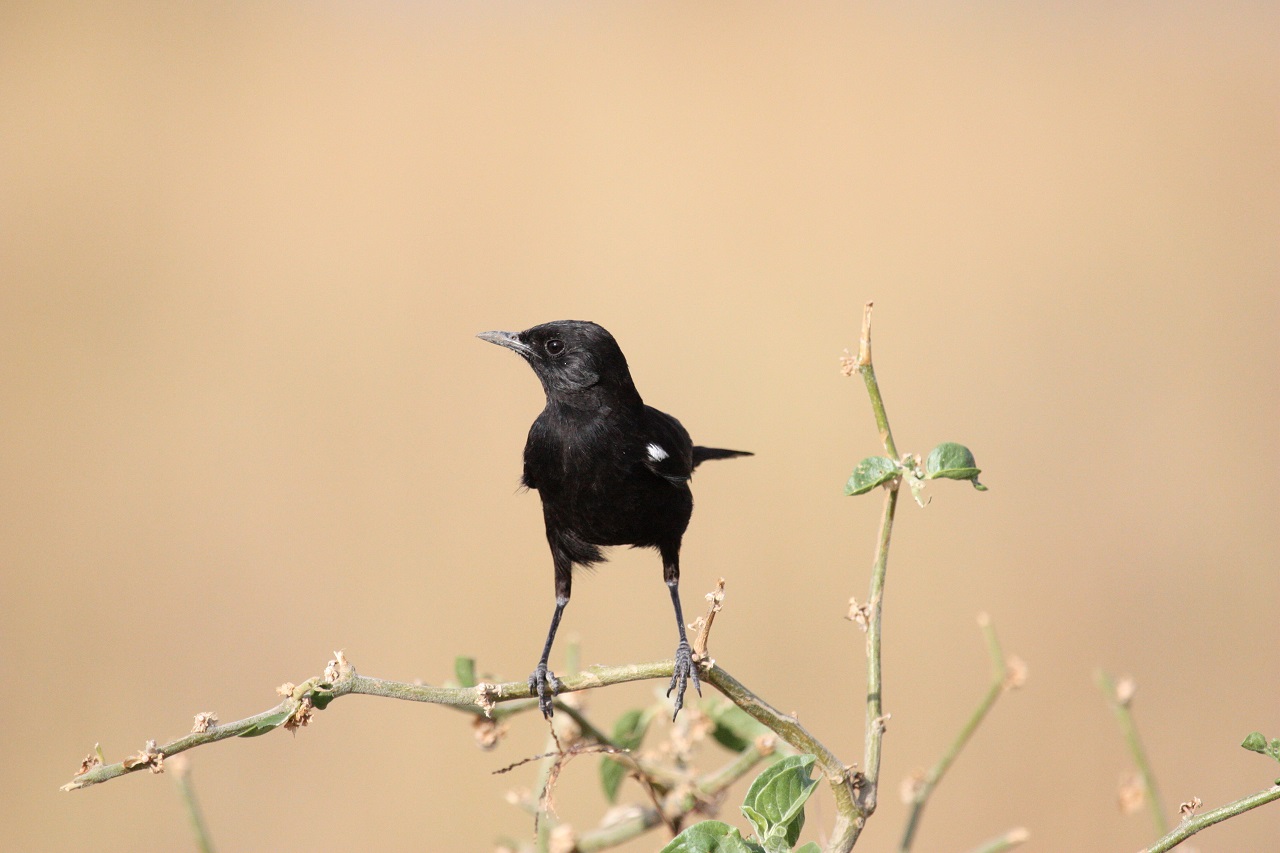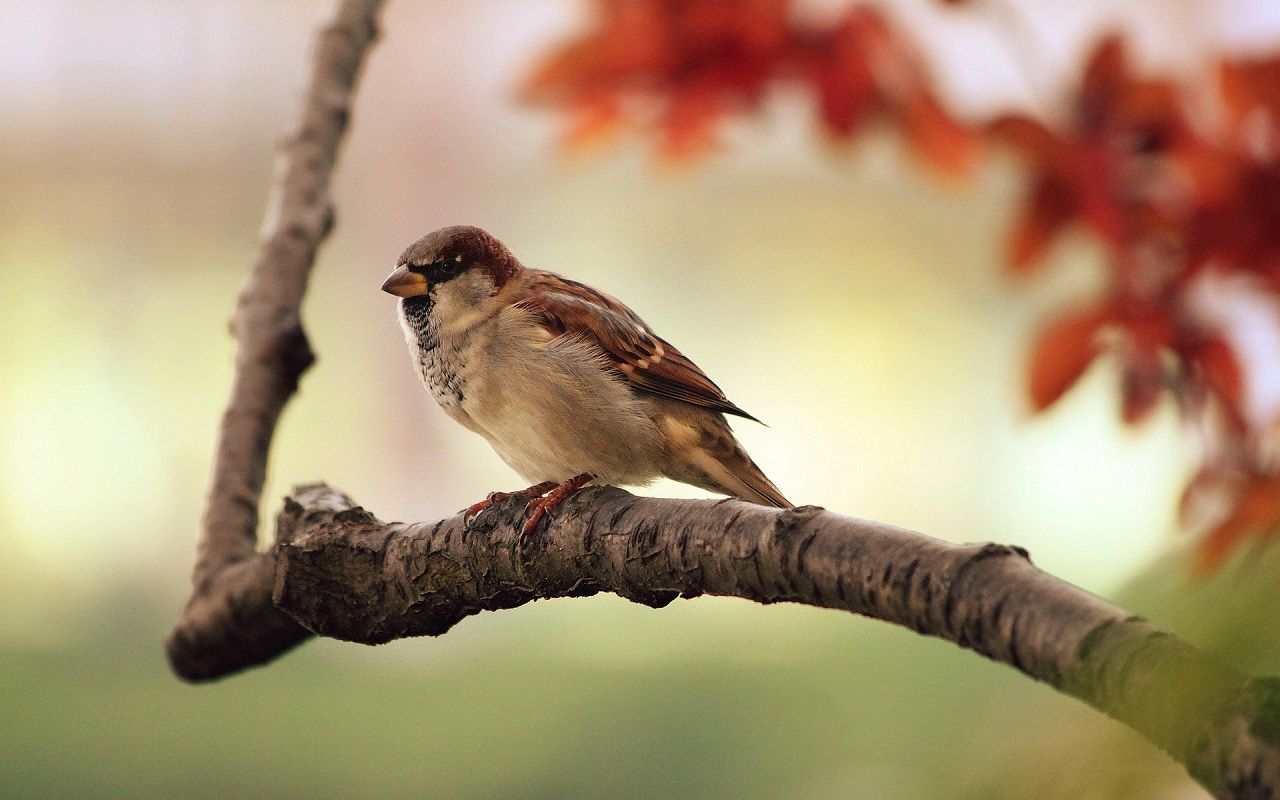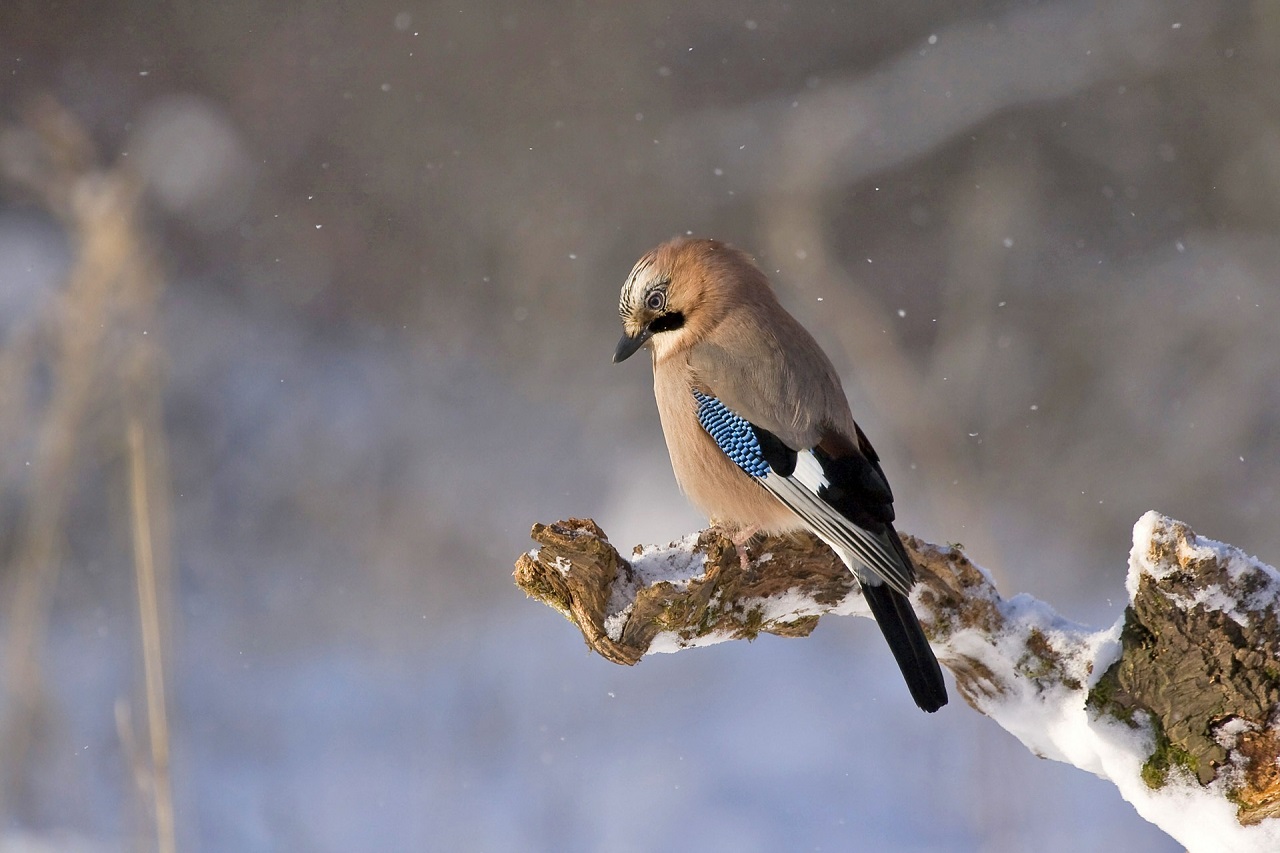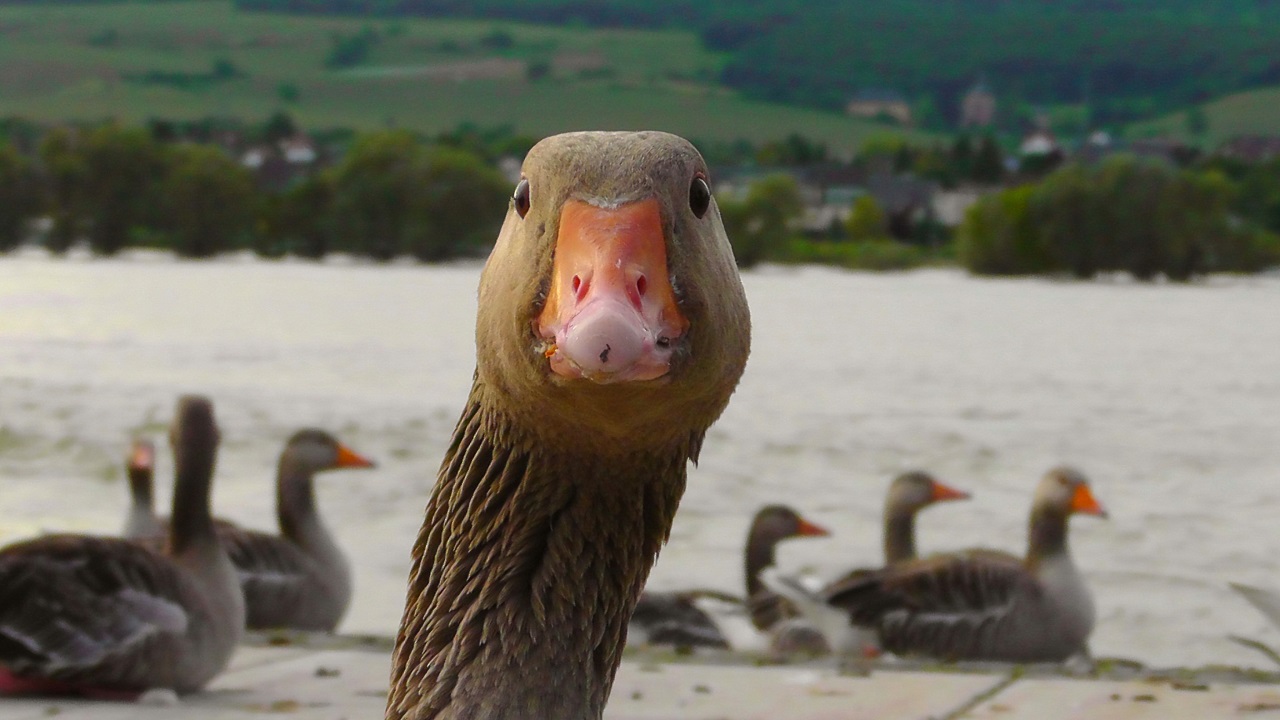
Bird Feeders
Bird Feeders Bird feeders are required to complete your bird feeding stations. View our selection of bird feeders that include nut feeders and seed feeders

Wild bird care in your own garden.
Wild bird care to enhance the pleasure that is is, to watch the birds in your garden and a wild bird care routine can enhance this experience.
Although they are wild creatures, your avian visitors need a little help, especially during breeding time, dry weather and harsh winter months. Fortunately we can provide many high quality bird care products to help you ensure that the wildlife in your garden is healthy and flourishing.
It can be overwhelming to know where to start when it comes to feeding wild birds.
There are hundreds of online resources that give conflicting advice. So we’ve put together our bird-feeding experience to deliver a comprehensive and easy-to-follow guide on feeding garden birds, including when to feed them, what to feed them, and what they can’t eat.

Bird Feeders Bird feeders are required to complete your bird feeding stations. View our selection of bird feeders that include nut feeders and seed feeders

Picking the right bird feeding stations can be difficult. Bird feeding stations are popular and there are a number of different areas, including which of

Wild Bird Food Wild bird food carefully selected to meet the requirements of all bird feeders to help look after your garden wildlife all year
How to feed wild birds throughout the year and how wild bird care can enhance your garden experience.
High-quality wildlife supplies to people all over the country: carefully selected, natural food and products that will help wild bird care and encourage the birdlife in your garden to flourish.
Each species of bird has its favourite foods, so putting out a wide range of different treats will ensure that your wild bird care means all of your wild birds are fed well and your garden is home to the greatest variety of feathered guests.
Wild birds are interested in a wide variety of foods, from insects to seeds. Here is a list of what you can feed them as part of your wild bird care:
Other bird-friendly foods include cheese, raw, unsalted bacon rind, and cooked (cold) pasta or boiled potatoes.
Throughout the colder months, many bird species prefer high energy seeds with plenty of healthy oils and proteins. Peanut kernels, niger seeds and sunflower hearts will provide them with all the nutrients they need to see them through the winter. Suet, made from creamy high quality fat, is guaranteed to make a wholesome meal . Rich in protein, suet is high energy food that is nonetheless very easy to digest – the perfect autumn and winter supper for your wild birds. Suet loving birds include:
As with any animal, there are certain foods you should never put out for birds. These foods can make birds unwell or cause them to choke.
Other ‘human’ processed foods like chocolate, crisps, and sweets are also a no-go. If you drop food in your garden that you know is unsafe for birds, make sure to clean it up thoroughly.


Opening Hours:
Monday – Friday 10am – 5pm
Address: High Street, Cam, Dursley GL11 5FL